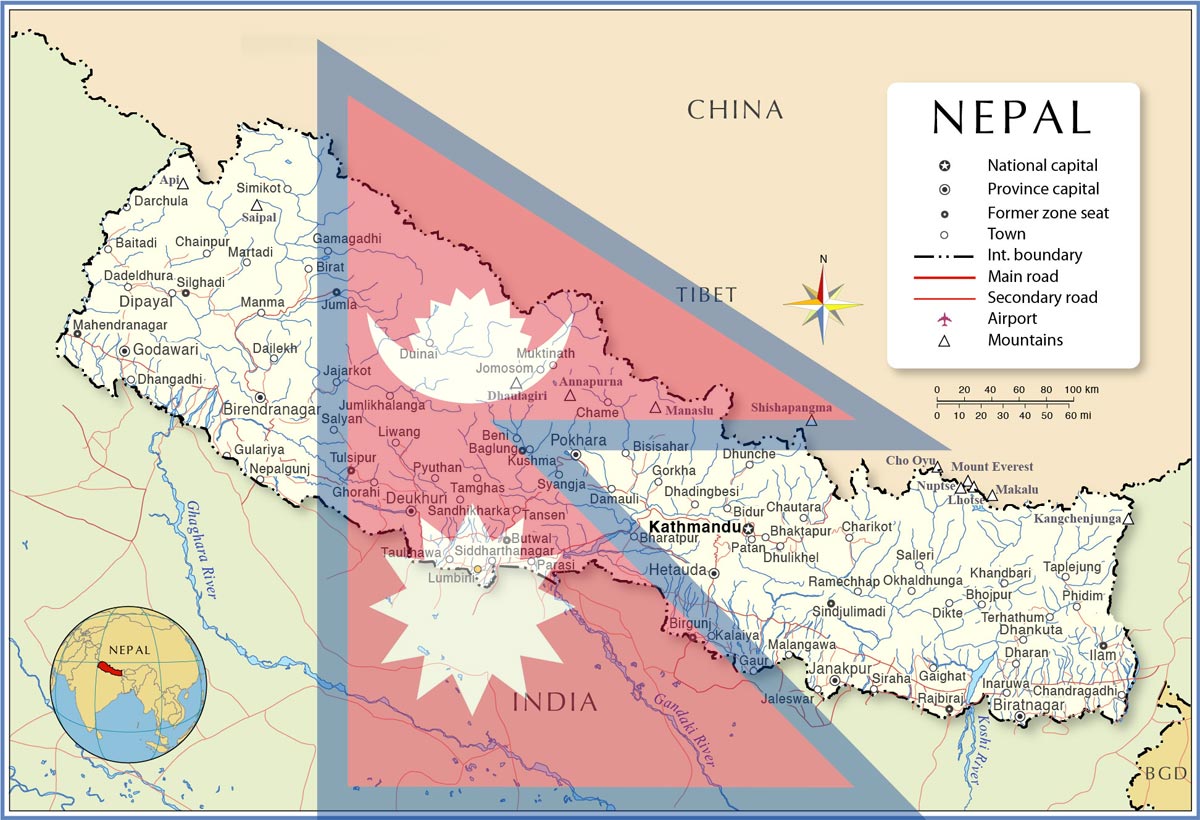
Impact of Technology Policies on Nepal's ICT Sector: Analysis and Case Studies
The Nepalese Information and Communications Technology (ICT) industry has experienced substantial growth in recent years. As of 2021, there are over 36 million mobile phone users and nearly 10 million internet users in Nepal. The growth in the ICT sector has been driven by the increasing demand for digital services and the government's focus on promoting digitalization. However, the industry's growth is subject to technology policies and regulations, which can have both positive and negative impacts on the sector.
Overview of Nepal's ICT Sector and Its Growth Trajectory
The Nepalese ICT industry has come a long way since the country's first internet service provider (ISP) was launched in 1995. The industry has witnessed significant growth in recent years, with the proliferation of mobile phones and the internet. The growth in the industry has created new opportunities for businesses and entrepreneurs, and has contributed to the country's economic development.
The Nepali ICT industry is dominated by the mobile and internet segments. The mobile phone penetration rate in Nepal has increased significantly in recent years, with over 90% of the population having access to mobile phones. The internet segment has also grown rapidly, with the number of internet users increasing by over 80% in the last decade.
Overview of Technology Policies and Regulations in Nepal
The Nepalese government has implemented several technology policies and regulations aimed at promoting the growth of the ICT sector. The policies and regulations have focused on promoting digitalization, increasing access to ICT infrastructure, and enhancing cybersecurity.
The government has established several regulatory bodies to oversee the ICT sector, including the Nepal Telecommunications Authority (NTA), the Department of Information Technology (DoIT), and the National Information Technology Center (NITC). These bodies are responsible for ensuring compliance with regulations, promoting innovation, and protecting consumer interests.
Analysis of the Impact of Policies and Regulations on the Nepali ICT Sector
The impact of technology policies and regulations on the Nepali ICT sector is complex and multifaceted. While policies and regulations can create a conducive environment for growth, they can also have unintended negative consequences. Below are some of the key impacts of technology policies and regulations on the Nepali ICT sector:
1. Encouraging Investment: Technology policies and regulations can create a conducive environment for investment in the ICT sector. This can result in increased innovation, job creation, and economic growth.
2. Reducing Competition: Technology policies and regulations can also limit competition in the ICT sector, resulting in decreased innovation and higher costs for consumers.
3. Enhancing Security: Technology policies and regulations aimed at enhancing cybersecurity can protect consumers and businesses from cyber threats, but can also limit access to certain digital services.
4. Restricting Innovation: Technology policies and regulations can limit the development of new technologies and digital services, potentially stifling innovation in the ICT sector.
Case Studies and Examples of Companies Impacted by Government Policies
The Nepali government's technology policies and regulations have had a significant impact on businesses in the ICT sector. For example:
1. The ban on Chinese digital payment platforms in Nepal has had a significant impact on the fintech sector. Companies such as Alipay and WeChat Pay, which were popular among Nepalese tourists, are no longer available in the country.
2. The government's implementation of e-governance initiatives has had a significant impact on the country's digital transformation. The initiatives have increased access to digital services and improved the efficiency of government services.
Possible Policy Recommendations to Foster the Growth of Nepal's ICT Sector
To foster the growth of the Nepali ICT sector, the government can consider implementing the following policy recommendations:
1. Encouraging competition in the ICT sector to promote innovation and lower costs for consumers.
2. Increasing investment in ICT infrastructure to improve connectivity and access to digital services, particularly in rural areas.
3. Streamlining regulations and procedures to make it easier for businesses to enter and operate in the Nepali ICT market.
4. Promoting entrepreneurship and innovation by providing support for startups and small businesses in the ICT sector.
5. Investing in the development of human resources by providing training and education opportunities in ICT-related fields to enhance the country's digital talent pool.
6. Encouraging public-private partnerships to support the development and implementation of digital initiatives and projects.
These policy recommendations, if implemented effectively, can help create a more conducive environment for the growth and development of the Nepali ICT industry. Additionally, they can contribute to the country's overall economic development by spurring innovation, creating jobs, and increasing productivity.
Conclusion
In conclusion, technology policies and regulations play a crucial role in shaping the growth and development of the Nepali ICT industry. While the sector has made significant progress in recent years, there are still several challenges that need to be addressed to unlock its full potential. By analyzing the impact of policies and regulations on the ICT sector, identifying key challenges and opportunities, and providing policy recommendations, we can create a more conducive environment for the growth and development of the industry. The Nepali government, policymakers, and industry stakeholders must work together to implement effective policies and initiatives to foster a vibrant and innovative ICT ecosystem that can contribute to the country's overall economic growth and development.
Information Technology Nepal Related Topics




